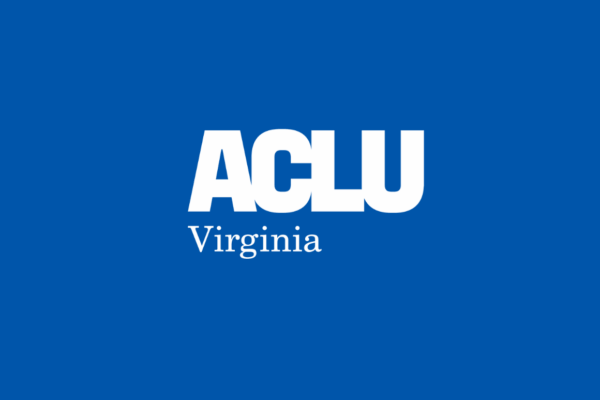
Imagine for a moment that you are charged with a crime. Perhaps you did it, perhaps you didn’t. Assuming you aren’t locked up in jail, you are likely talking to a criminal defense lawyer. You want to know what the police think you did wrong. Undoubtedly, one of your first questions will be, “What does the police report say?”
In many places in Virginia, your lawyer may give you a shocking answer: “I have no idea. The Commonwealth doesn’t have to give it to me.”
Help make Virginia’s criminal justice system fairer by telling the Supreme Court of Virginia that you support the new and improved criminal discovery rules.
During my time as a public defender in Newport News, this was a conversation I had too often. Clients would ask, “What do you mean, you don’t get to see the police report?” This unfortunate conversation is how many people learn about Virginia’s unfair criminal discovery rules. In a 2013 editorial, the Washington Post called this system “trial by ambush.”
Before a civil lawsuit goes to court, opposing parties engage in a process called “discovery,” in which they share documents, question each other’s witnesses and generally exchange any information that could lead to relevant evidence. In these cases (often about money), attorneys routinely share information that is relevant to claims that the other side will make. But in Virginia, the rules for sharing information in criminal cases are much different, despite the fact that unlike civil trials, criminal trials can result in loss of liberty or death.
The Supreme Court of Virginia sets the rules for criminal discovery. Because the Commonwealth’s attorney who prosecutes the case is in possession of most of the information about a criminal investigation, criminal discovery rules primarily deal with how much of that information the prosecutor must share with the defense. In Virginia, Rule 3A:11 sets out what information the Commonwealth must share. One part makes clear that the defense may not obtain statements made by any witnesses to a crime, nor does the defense have access to any “reports, memoranda or other internal Commonwealth documents made by [law enforcement] agents in connection with the investigation or prosecution of the case.” This means that if you are charged with a crime, the prosecutor can take your case to trial without you or your attorney seeing the police report or statements made by any witnesses against you whom you have a right to cross-examine.
According to a judge on the Virginia Court of Appeals, the Commonwealth’s disclosure requirements in criminal cases are among the most limited of any state in the United States. In a 50-state comparison, Judge Rossie Alston places Virginia’s criminal discovery rules with seven other states as “the most limited in the country.”
Thankfully, the time for reform has come. Before she retired last year, former Chief Justice of the Supreme Court of Virginia Cynthia Kinser formed a Special Committee on Criminal Discovery Rules. This committee, comprised of judges, legislators, prosecutors, defense attorneys, and law professors, spent most of 2014 studying ways to improve Virginia’s discovery rules. Their final recommendations include requiring Commonwealth’s attorneys to give defendants access to basic information like police reports, witness statements, and witness lists before trial.
Help make Virginia’s criminal justice system fairer by telling the Supreme Court of Virginia that you support the new and improved criminal discovery rules.
If adopted by the Supreme Court of Virginia, these important changes would substantially improve Virginia’s criminal justice system. When defense lawyers know what the police version of events is, they can provide better advice to their clients. Defense lawyers who know what a witness said about a case at the time police were investigating it can more effectively cross-examine that witness at trial. And when a defendant knows what the evidence is likely to be against him, he can make an informed decision whether to go to trial or take a plea bargain.
The recommendations of the Special Committee are so fundamentally sound, reasonable and fair that they were adopted almost without dissent by a group that included people on both sides of the criminal justice process. Of the law enforcement representatives on the panel only the Virginia State Police objected to the changes proposed. The changes being recommended should be approved by the Supreme Court of Virginia as proposed. This is a simple matter of ensuring a fair justice system, one where defendants never face trial by ambush.
Help make Virginia’s criminal justice system fairer by telling the Supreme Court of Virginia that you support the new and improved criminal discovery rules. Please click here to see the ACLU of Virginia's comments.

